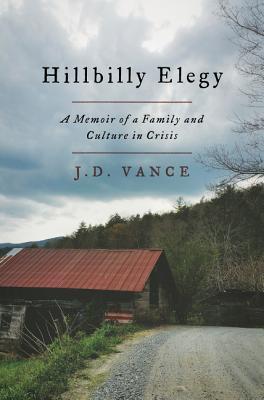You know that question that pops up in job interviews…the
one everyone hates to answer truthfully because if we did we might not get the
job? If you haven’t been interviewed in a while here it is: “Name something you
would like to fix about yourself?” Occasionally it gets worded this way “What
would you say is a weakness you have?” Most of us say things like “I just wish
I had more hours in the day, to do more work” or “I have to do everything
perfect, all the time…” We answer that way because it makes us look good even in
our pseudo-weakness. We don't really mean it though.
The interviewer isn’t buying it either.
An honest answer for many might be “Well, I don’t like
alarm clocks first thing in the morning! If the sun isn’t up…forget about it.
Whiskey does that to me you know?” Some of us are miserable at work and our
co-workers avoid us like jury duty. An honest answer from them would be “I
constantly blow up over the slightest problems and stew over perceived abuses.
People don’t involve me in projects because I can’t handle even marginal changes in
course.”
I get that one by the way. People who like routine hate
surprises. I hate surprises.
For me though the primary stumbling block however is my need
to finish things at the expense of quality. Not that the quality is awful or that
I smack a timer, lightning chess style, every time I finish a minor task. I do
scream “done!” into the PA system and dance around fists in air though (Not
Really).
In my world “done” means “complete” and “complete” means “success”.
I’ve tried to figure out why I am so obsessed with finishing
the thing instead of perfecting the thing. I really do hate the details of the
thing and roll my eyes anytime a coworker points to the imperfections of the
thing. “Hey!” I shout “Did you do the thing…the thing that needed to be done? Huh,
did you? No you didn’t. I did, only me. Ok so the stuff is the wrong color and
parts are crooked, and yes I did notice the size is off, but it’s finished
dammit!”
An invisible clock ticks away inside my head keeping an
update of the progress and mapping it out in real time. Most video games have
levels to conquer or villains to kill. Progress is mapped out electronically,
coins are added up. The avatar moves heroically along the graph, winning and
succeeding through the fantasy world. Were any of these games designed by bored
employees who ran out of projects? Probably.
My honest answer to a questioner would have to be “Being
task oriented means I ignore details that slow me down, critical details that
are the difference between right and wrong, making money and losing money.” The
good news is everyone has something to work on, some have more than one.
Knowing your soft spot is half the solution; working on it is the other half.
The best way to help yourself is by finding someone who is
opposite in technique and copying them for a while. Notice their habits. What
differences exist that could explain their success? Ask them to describe their
process.
Here is what I’ve found. People who have success do so by
checking things off the list only when all details are met. Sometimes there is
a literal checklist and other times just a mental one. By using lists and
double checking things I’ve sharpened up some of my sloppier habits. It does
kill me (just a little) to slow down and comb over things I would have called
finished before. By doing this I catch mistakes quicker and avoid embarrassing discussions
with the boss about why the thing fell apart after I finished it, and shouted “done!”
Also, some are just freakishly smart and remember
everything. They never write things down and never have to. They just win. Don’t
be like them. If you struggle to remember what you had for breakfast don’t try
to remember details of a complicated project. Get a checklist. Fill it out. Go through
the motions of double checking no matter how much it pains your sensibilities.
The fact is we can all improve our habits, fix our shortcomings and decide
which color looks best on the thing.
And the next time we get the dreaded “What would you say is
a weakness you have?” we can answer honestly and add “I’ve got some ideas for
how to improve it now.”




